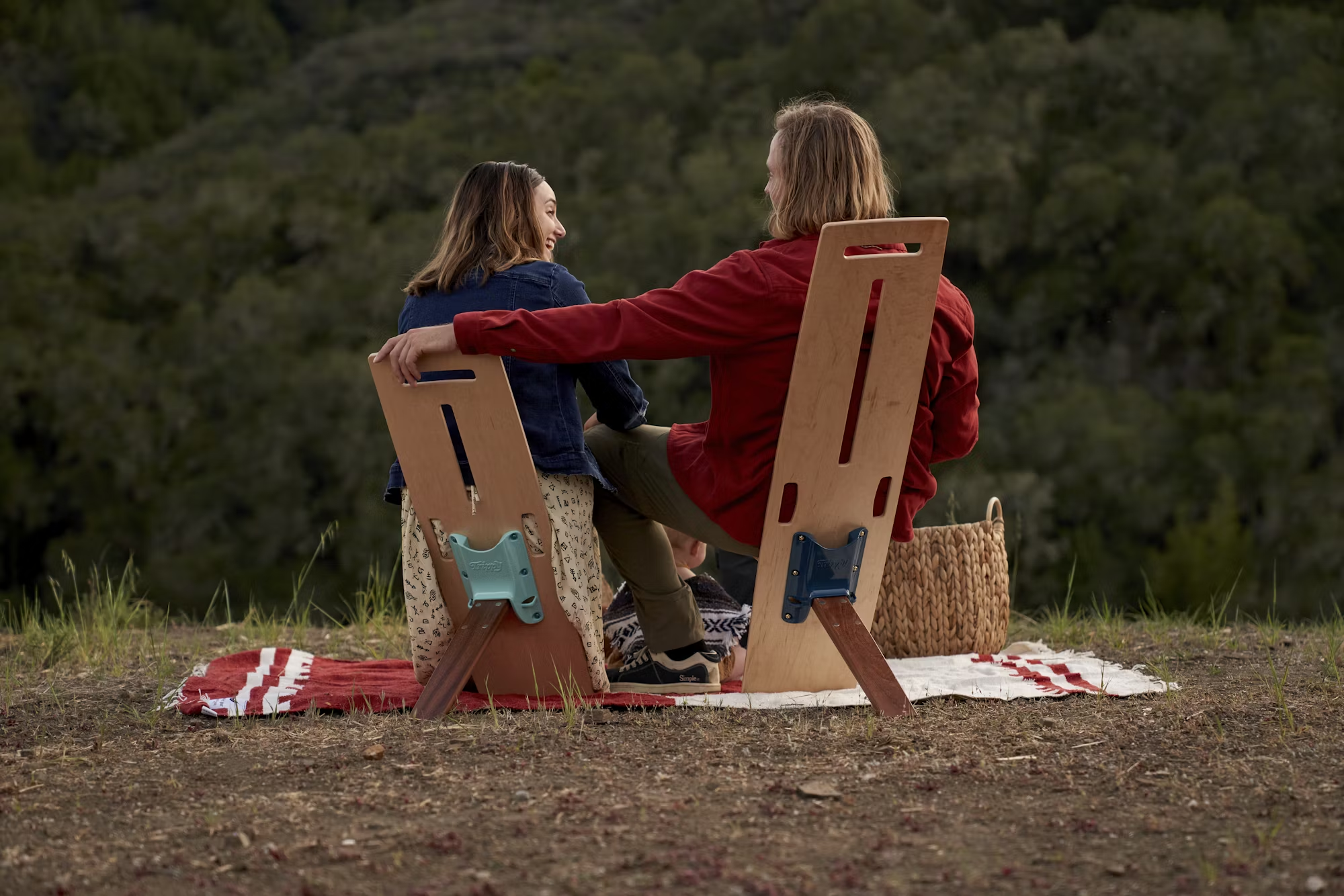Skateboarding is more than just a recreational activity; it embodies a vibrant culture that has influenced art, music, fashion, and social dynamics since its emergence in the late 20th century. This article delves into the cultural significance of skateboarding, tracing its evolution, highlighting its impact on communities, and showcasing how it has shaped individual identities. From its roots in California to its global phenomenon status, skateboarding reflects a unique blend of creativity, freedom, and rebellion.
The origins of skateboarding can be traced back to the 1950s, when surfers in California sought a way to replicate the feeling of riding waves on land. Early skateboards were essentially wooden planks with roller skate wheels attached, allowing riders to maneuver down streets and sidewalks. This grassroots movement quickly gained popularity, with local skaters forming small communities and participating in impromptu races and trick contests. As the sport evolved, it began to draw the attention of manufacturers, leading to the development of more sophisticated boards and equipment.
By the 1970s, skateboarding had transitioned from a niche activity to a mainstream sport, thanks in large part to the invention of the urethane wheel, which offered better grip and smoother rides. This period saw the rise of skate parks, which provided dedicated spaces for skaters to practice and showcase their skills. The introduction of vertical ramps and halfpipes allowed for the development of aerial tricks, leading to the emergence of a new generation of skaters who pushed the boundaries of what was possible.
The 1980s marked a significant turning point for skateboarding culture. With the rise of influential skaters like Tony Hawk, Rodney Mullen, and Steve Caballero, skateboarding began to gain recognition not only as a sport but as a lifestyle. Skateboarding magazines, videos, and competitions proliferated, creating a platform for skaters to share their passion and inspire others. This era also saw the birth of skateboarding fashion, characterized by baggy clothing, vibrant colors, and distinctive footwear, further solidifying the sport’s identity.
As skateboarding continued to evolve, it also became a powerful form of self-expression and community building. Skateboarders often gather in public spaces, transforming urban landscapes into creative playgrounds. From the streets of Los Angeles to the plazas of Barcelona, skaters have repurposed architectural features, using them to perform tricks and showcase their skills. This act of transforming everyday environments into skateable art reflects a deep-rooted sense of creativity and adaptability.
Moreover, skateboarding has often served as a means of empowerment for marginalized communities. In many urban areas, skateboarding provides an outlet for youth to express themselves and connect with others. Skate parks have become safe havens where individuals from diverse backgrounds can come together, share their passion for skating, and foster a sense of belonging. This inclusivity is a testament to skateboarding’s ability to bridge social divides and promote unity.
The cultural significance of skateboarding extends beyond individual skaters; it has also influenced various artistic forms. From street art to music, skateboarding has inspired countless artists to explore themes of freedom, rebellion, and identity. Iconic skateboarding videos often feature original soundtracks that reflect the energy and creativity of the sport, further cementing its place in popular culture. The intersection of skateboarding and art is evident in the works of graffiti artists, graphic designers, and musicians who draw inspiration from the vibrant skate culture.
In recent years, skateboarding has gained even greater visibility on the global stage. The inclusion of skateboarding in the Olympics has brought the sport to new audiences, showcasing the talent and dedication of skaters worldwide. While some purists may debate the implications of this newfound recognition, it has undoubtedly opened doors for aspiring skaters and provided them with opportunities to pursue their passion professionally.
However, despite its growing popularity, skateboarding still faces challenges. Many cities have imposed restrictions on skateboarding in public spaces, citing safety concerns or complaints from non-skaters. This has led to tensions between skaters and local authorities, sparking discussions about the need for designated skate areas and greater acceptance of skateboarding as a legitimate form of recreation. Advocates argue that providing accessible skate parks can foster community engagement and promote healthy lifestyles among youth.
As skateboarding continues to evolve, it remains a reflection of the broader cultural landscape. The sport has embraced technology, with skaters using social media platforms to share their skills, connect with others, and document their journeys. This digital age has created a global community of skaters who inspire one another, regardless of geographical barriers. The ability to connect and share experiences online has transformed the way skateboarding culture is perceived and experienced.
The future of skateboarding is bright, with new generations of skaters emerging and pushing the limits of creativity and skill. As the sport continues to evolve, it is essential to recognize and celebrate the cultural significance it holds. Skateboarding embodies a spirit of freedom and self-expression that resonates with individuals of all ages, backgrounds, and walks of life. By fostering a sense of community and embracing inclusivity, skateboarding can continue to thrive as a dynamic and influential cultural force.
In conclusion, skateboarding is more than just a sport; it is a vibrant culture that has shaped identities and communities for decades. From its humble beginnings to its global presence, skateboarding has become a powerful form of self-expression, creativity, and unity. As we look to the future, it is crucial to support and promote the culture that has inspired countless individuals to embrace their passion and carve their paths in life. Whether on a skateboard or off, the spirit of skateboarding lives on, encouraging us all to be bold, creative, and unapologetically ourselves.



